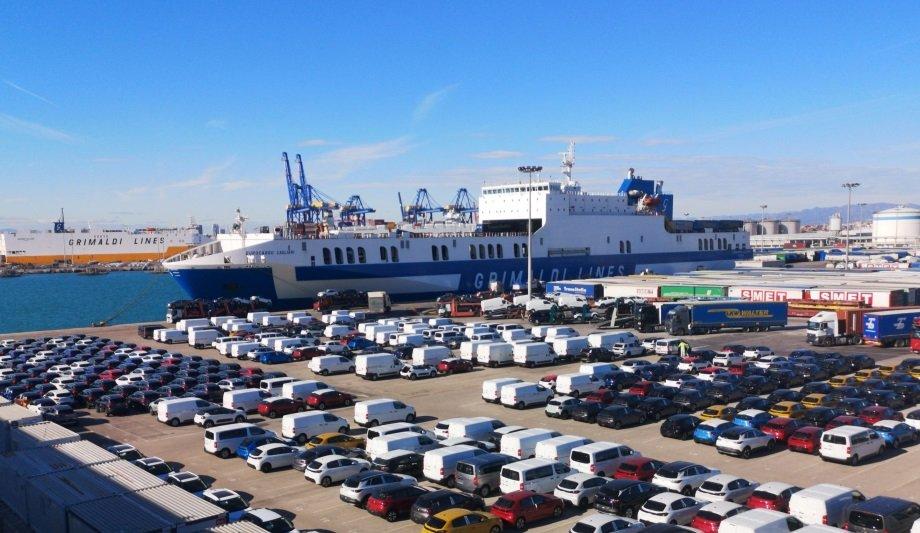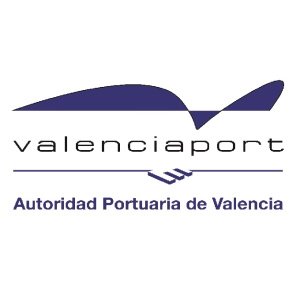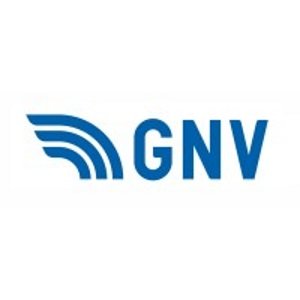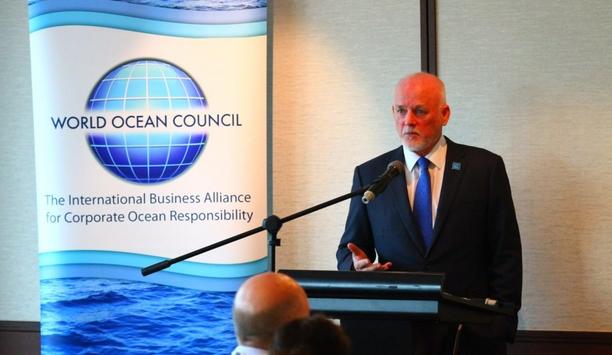The Clock Building of the Port of Valencia will host next Wednesday 6 July the conference ‘Short Sea Shipping in the Port of Valencia: A competitive, innovative and environmentally responsible option’ in which experts from the maritime-port sector will analyse the logistical and environmental benefits of short sea shipping.
The event is organised by the Spanish Association for the Promotion of Short Sea Shipping SPC Spain in collaboration with the Port Authority of Valencia (PAV).
Short-distance rail transport
The conference will be inaugurated by the president of the PAV, Aurelio Martínez, and will have several panels in which the commitment to this type of transport from the Port of Valencia will be explained by Manuel García, head of Business Intelligence of the PAV, the eco-incentives included in the new sustainable mobility programme of the Ministry of Transport will be detailed and the challenge of the electric vehicle will be debated by Agustín Fernández, director of United European Car Carriers (UECC) and Ferdinand Krijnsen, representative of Toyota.
On the other hand, a real case of short-distance rail transport will be presented by Alfonso Rodríguez, general manager of Pecovasa.
PAV Statistical Bulletin
The APV wishes to highlight their role in container traffic and ro-ro services
The day will close with a round table, moderated by Pilar Tejo of SPC Spain, where the challenge of decarbonisation on the Motorways of the Sea will be discussed by Mario Massarotti, CEO of Grimaldi Logística España; José Manuel Orengo, Director of Expansion of Baleària; Miguel Pardo, Commercial Director of Transmed GLE; and Daniel Mozo, Director of Cargo of GNV.
The APV wishes to highlight their role in container traffic and ro-ro services, which have made it a benchmark in Spain for regular connections with Mediterranean, North Sea and Baltic countries, especially the motorways of the sea linking the ports of Valencia and Sagunto with the ports of northern and southern Italy.
According to data from the PAV Statistical Bulletin indicates that ro-ro traffic (system by which a vessel transports cargo on wheels) in the first five months of the year amounted to 5,363,737 tonnes, 2.96% more than in the same period of 2021. During this time, 246,362 units of cars were mobilised as goods, up 6.2%.














